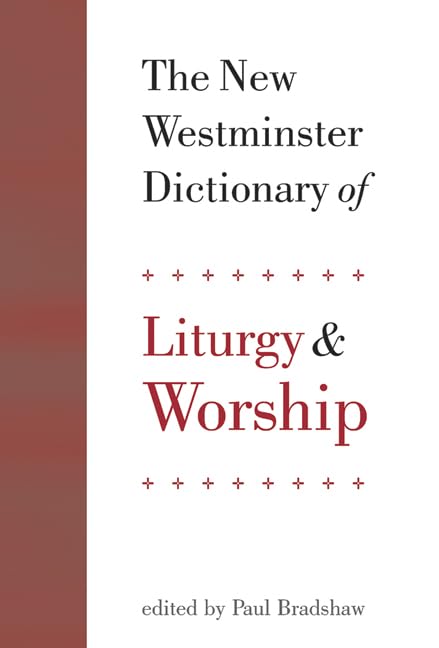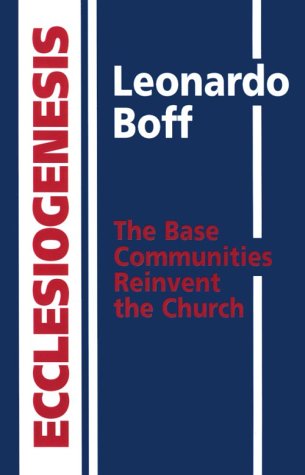Tragedy in Eden: Original Sin in the Theology of Jonathan Edwards
Written by C. Samuel Storms Reviewed By B. R. WhiteThis is a careful, honest and thorough exercise in historical theology. However, just because this whole work stands rather close in style and content to the thesis from which it is derived, those who do not have a serious commitment to tracing the development of Calvinist theology will find it hard going.
Nevertheless, Dr Storms has produced a very useful study of original sin in the theology of Jonathan Edwards, the criticisms of this theme in Calvinism which had to be met and some of the places where Edwards fails to make his position fully consistent. The writer has no doubt that Jonathan Edwards was a genius of ‘scintillating brilliance and unbridled devotion’. At the same time the criticisms of orthodox Calvinism made by one of the first great English Arminian theologians, John Taylor (1694–1781), are carefully expounded with their strengths and weaknesses and the whole work of Edwards is put most helpfully into the context of an ongoing debate. Edwards’ The Scripture doctrine of Original Sin defended (1740) was aimed directly at Taylor’s writing but Dr Storms has also drawn on Edwards’ earlier work, A careful and strict enquiry into … Freedom of Will, and, in the major fourth chapter of this work, has dealt with the problems which any orthodox Calvinist theology must face, of which the chief are concerned with the nature of human freedom of the will and with the whole problem of the origin of evil. Dr Storms gives very careful exposition of Edwards’ own teaching on the freedom of the will and rates him highly. Not unfairly, however, he finds his treatment of the whole set of problems connected with the Arminians’ allegation that Calvinism makes God the author of evil inadequate. Another area where Edwards is found less than wholly convincing is when he attempts to justify his teaching that God ‘arbitrarily sustains an identity between all “selves” and Adam’. Nevertheless Jonathan Edwards succeeds most admirably in revealing the inadequacies of the Arminian alternative!
B. R. White
Regent’s Park College, Oxford







